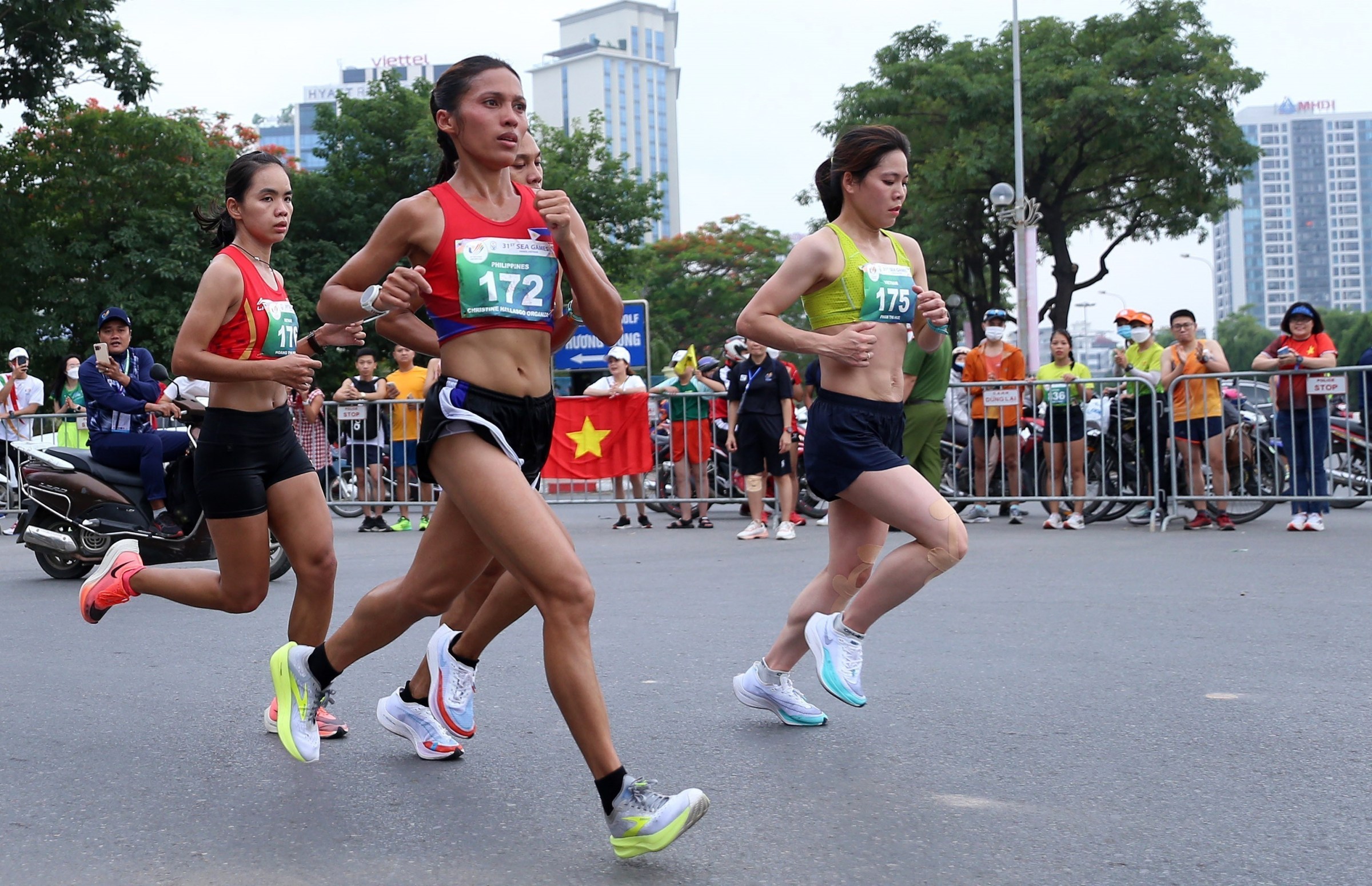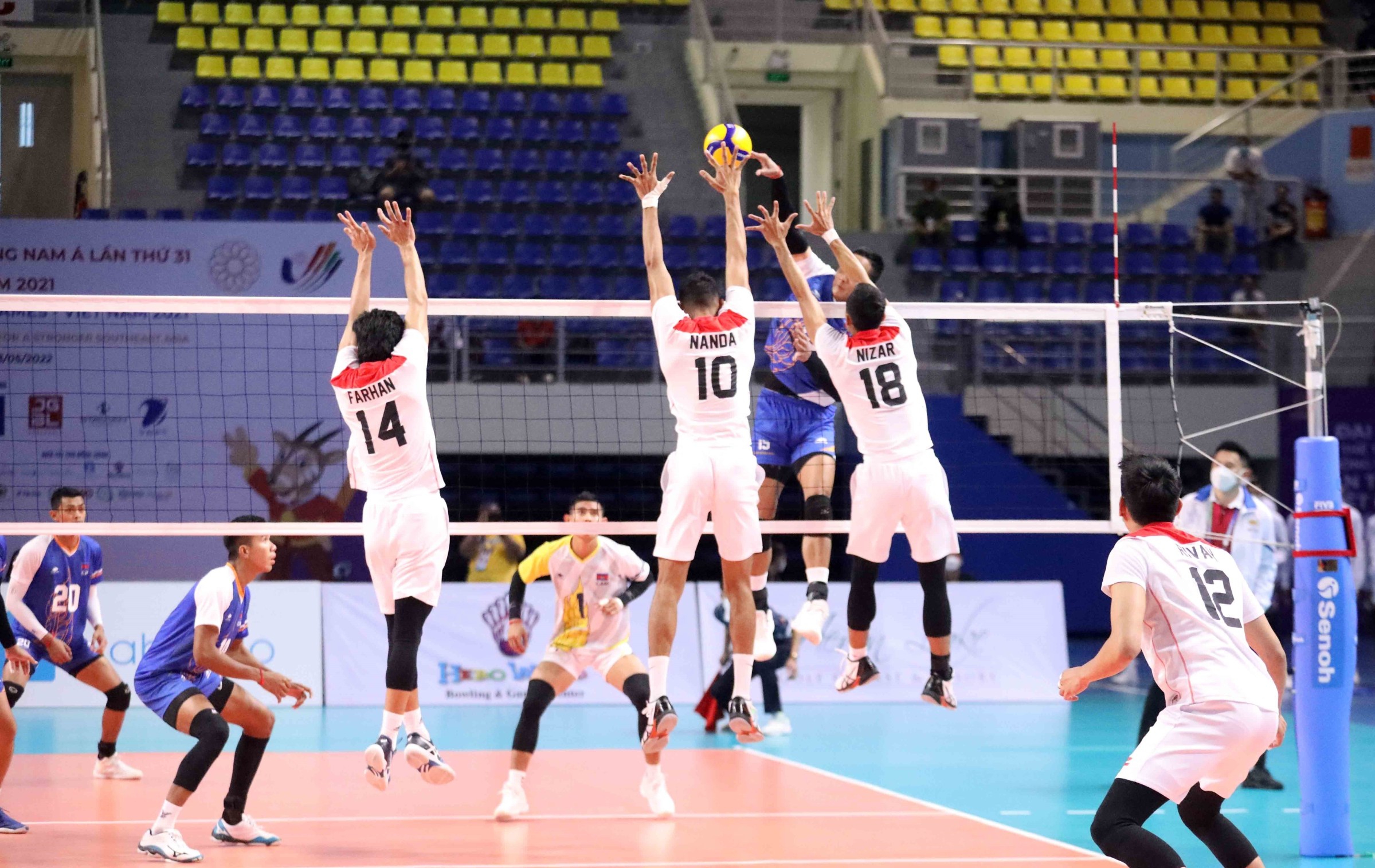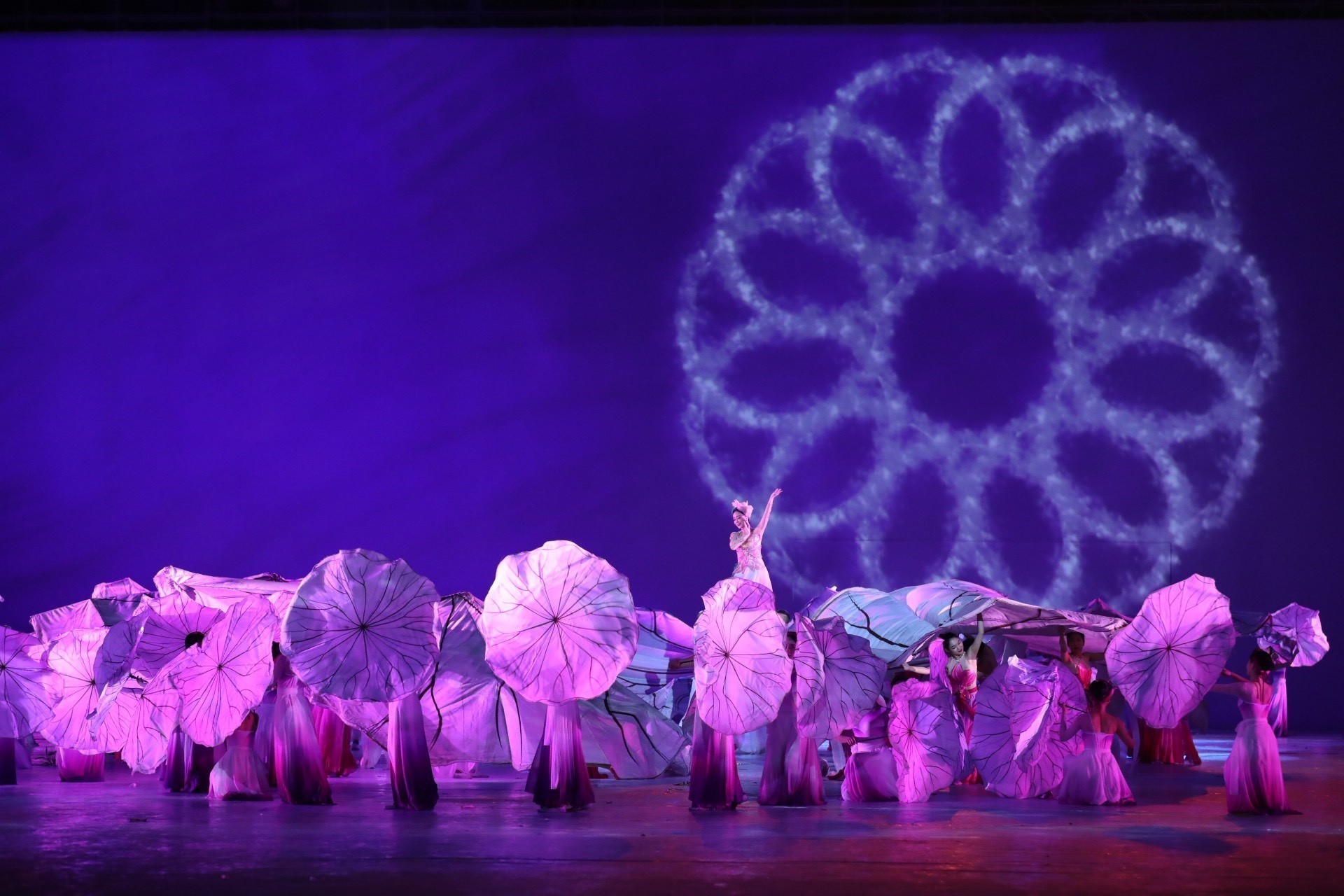
Held biennially, the Southeast Asian (SEA) Games sees the participation of athletes from 11 countries in the region. The largest regional sporting event contributes greatly to sports development and holds major significance for participating nations.
STORY OF THE RINGS ON THE FLAG OF THE SEA GAMES FEDERATION
The flag ceremony is of great importance at the SEA Games opening ceremony, as the flag of the SEA Games Federation and the flag of the sporting event of the host nation are raised in a most solemn manner.
According to the SEA Games Federation Charter adopted in 2013, the flag of the federation has a blue background and contains connected rings, highlighting a message of peace, solidarity, and friendship between member nations.
Delegations from the Southeast Asian peninsula attended the third Asian Games in Tokyo, Japan, from May 24 to June 1, 1958, and agreed to set up a regional sporting organisation called the South East Asian Peninsular Games Federation (SEAP). The federation aimed to strengthen friendship, solidarity, and mutual understanding between countries in the region and help them improve their sporting performance, techniques, and strategies, and create the conditions for athletes to train for better results at Asian Games and Olympic Games.
The first ever meeting of the SEAP Games Federation was held on June 5, 1959 in Bangkok, Thailand, where a symbol of six yellow connected circles was chosen as its symbol, representing the six founding members.
In 1977, the three countries of Indonesia, the Philippines, and Brunei sought to join the federation, and the name of the federation and the event was changed to the Southeast Asian Games (SEA) Federation and the SEA Games, respectively.
At the 20th SEA Games, hosted by Brunei in 1999, the country’s Olympic Council proposed increasing the number of circles in the federation’s logo from 6 to 10. At the 27th SEA Games, hosted by Myanmar, the number of circles on the federation’s symbol rose to 11, representing solidarity between regional people. It was made the official symbol of the federation.
More than six decades since its establishment, the SEA Games has been a major sporting event of the region. The logo of each edition bears the uniqueness of the host nation as well as the core symbol in the flag of the federation, which is the linked circles sending a message of peace, solidarity, and friendship between participating nations.
VIETNAM ACTIVELY CONTRIBUTES TO REGIONAL SPORTS DEVELOPMENT
A Vietnamese sporting delegation has attended the Games since its inception. Prior to 1975, what was then South Vietnam, a founding member of the SEAP Games Federation, sent athletes to the Games from the first edition, in 1959, to the seventh, in 1973.
From the initial target of integration and learning from international friends, Vietnamese athletes can now hold their heads high when competing at international events, especially those in martial arts. The Vietnamese delegation’s achievements have been rising at each holding of the Games.
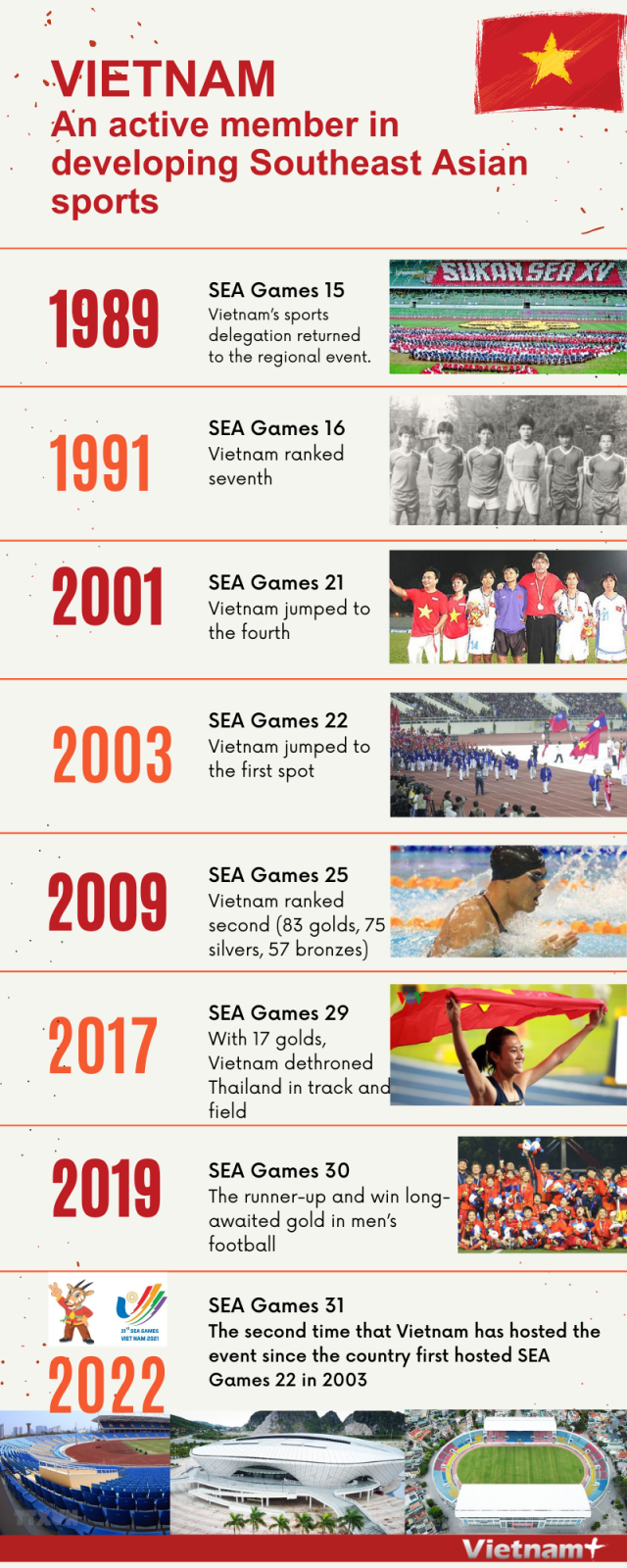
Vietnam ranked seventh at the 15th and 16th SEA Games, then jumped to fourth and then first at the 21st and 22nd Games. The country secured third place in the medal tally in the years after and was runner-up at the 25th and 30th SEA Games.
Notably, at SEA Games 31 on home soil, Vietnam reaped unexpected success, picking up 205 gold, 125 silver, and 116 bronze medals, topping the medal table with a total of 446 medals. The country set a new record with its gold medal haul, overtaking the previous record of 194 set by Indonesia when it hosted the Games in 1997.
Vietnam has actively taken part in the SEA Games as one of the founding members and has successfully hosted the event twice, in 2003 and 2022. The two times the torch was lit in Hanoi showed Vietnam successfully carrying out its role in connecting Southeast Asian countries.
Jeff Jiang Jie, head coach of the Indonesian men’s volleyball team, said: “This is the first time I have travelled to Vietnam. Everything is amazing, from the people and the landscapes to the enthusiasm of the volunteers. The professionalism, discipline, and punctuality of the Organising Committee has contributed to the success of SEA Games 31.”
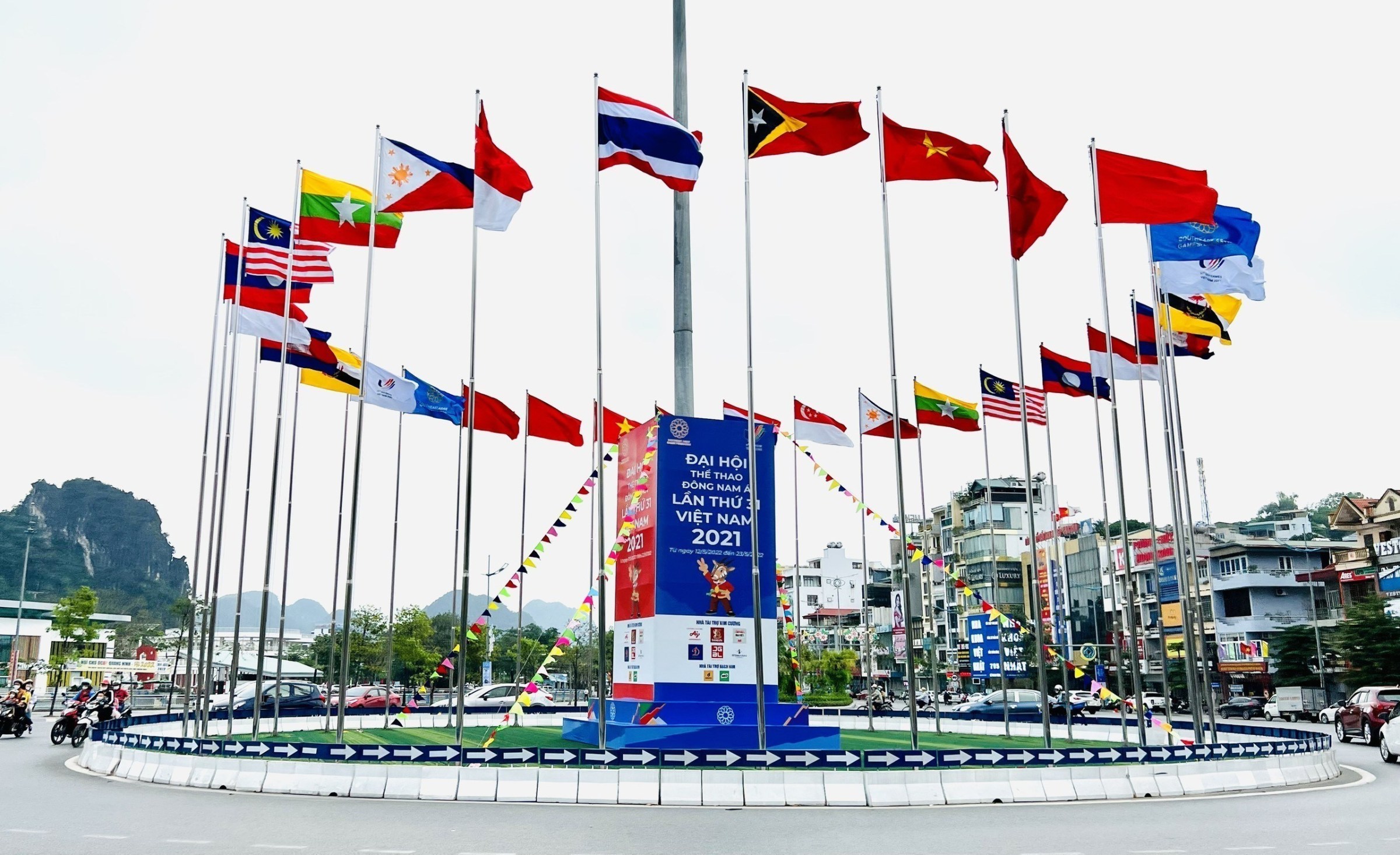
The Philippine national team Chef de Mission Ramon Fernandez also gave the thumbs-up to the Vietnamese hosts for the organisation of SEA Games 31.
“The hosts have been warm and hospitable and have run a tight ship,” he said. “The accommodation for our athletes, coaches, and staff in the Philippine team are comfortable. We have been treated very well. There have been no major complaints.”
In an article reviewing the journey of the Malaysian delegation at SEA Games 31, the country’s “New Straits Times” daily newspaper underlined that the host Vietnam managed to ensure fair competition and faced less problems in terms of referees and controversies compared to previous SEA Games.
Among the 40 sports at SEA Games 31, there were 25 Olympic sports, 12 others from Asian Games, and three specific SEA Games sports. Vietnam hosted all sports under the regulations of the International Olympic Committee and did not limit any events. For instance, diving is not Vietnam’s forte, yet eight diving events were organised because it is an Olympic sport, and Malaysian divers grabbed all gold medals on offer.
Vietnam is a pioneer in hosting the regional sporting event in this way and it is an important move contributing to changing the methods for holding Games in the future, to deliver quality and enthralling competition between Southeast Asian teams and thus narrowing the gap with athletes of continental and global calibre.
The success of SEA Games 31 is attributable to thorough preparations by the host nation, the quality of the competition, and the widespread prominence of the event.
Praising Vietnam for hosting SEA Games 31, Speaker of the Singaporean Parliament and President of the Singapore National Olympic Council, Tan Chuan-Jin, said: “To be able to do what they’ve done really is first class. Talking to our athletes and officials, they have felt nothing but warmth, friendship, and hospitality. I am very grateful to Vietnam for hosting this and providing this blessing to all of us.”
Reporter Pongpisit Intaranan from Thailand was surprised by the enthusiasm and hospitality of Vietnam as the host country.
“Vietnam did a very good job in hosting SEA Games 31 and Vietnamese people can be proud,” the Thai reporter said.

After 17 days of competition, SEA Games 31 officially wrapped up as Minister of Culture, Sports and Tourism Nguyen Van Hung handed over the flag of the SEA Games Federation to a representative from the National Olympic Committee of Cambodia, which will be host of the 32nd edition.
“The flame of faith, triumph, friendship, solidarity, peace, and development in Southeast Asia will stay lit forever.”
Although the curtains have come down on SEA Games 31, the flame of solidarity will forever remain in the hearts of every athlete, coach, sports fan, and international friend. As Prime Minister Pham Minh Chinh said at the closing ceremony: “The flame of faith, triumph, friendship, solidarity, peace, and development in Southeast Asia will stay lit forever.”/.
